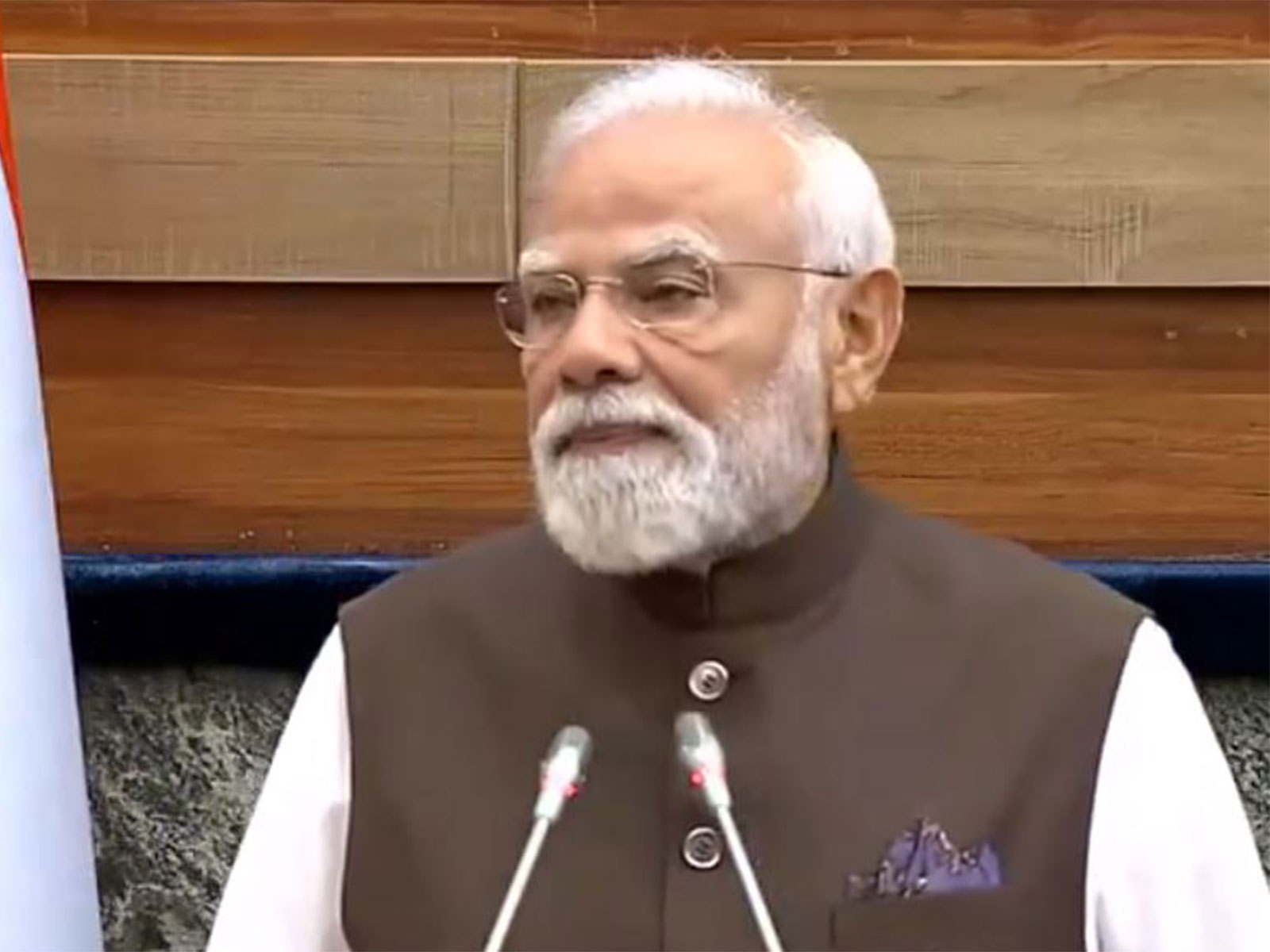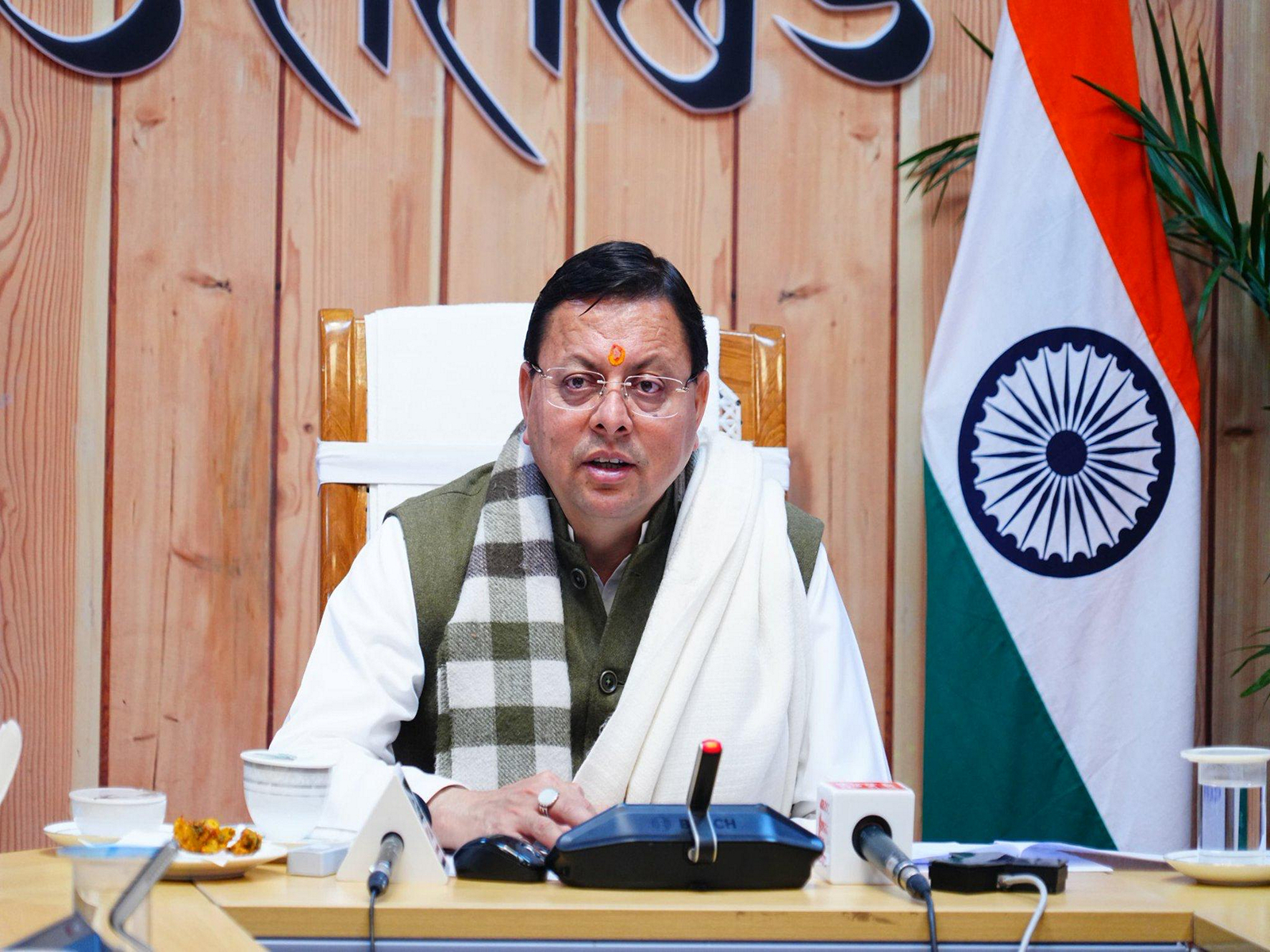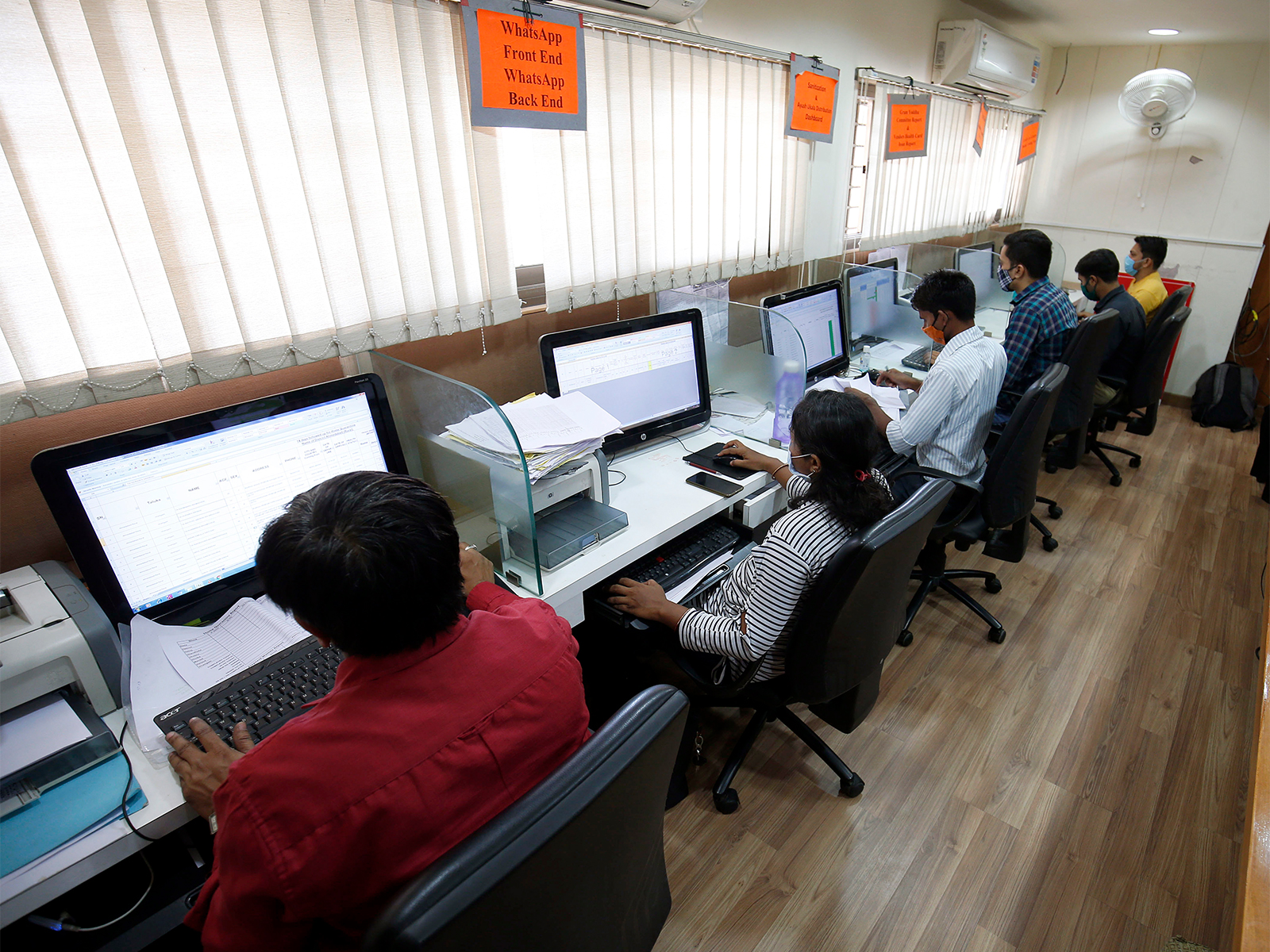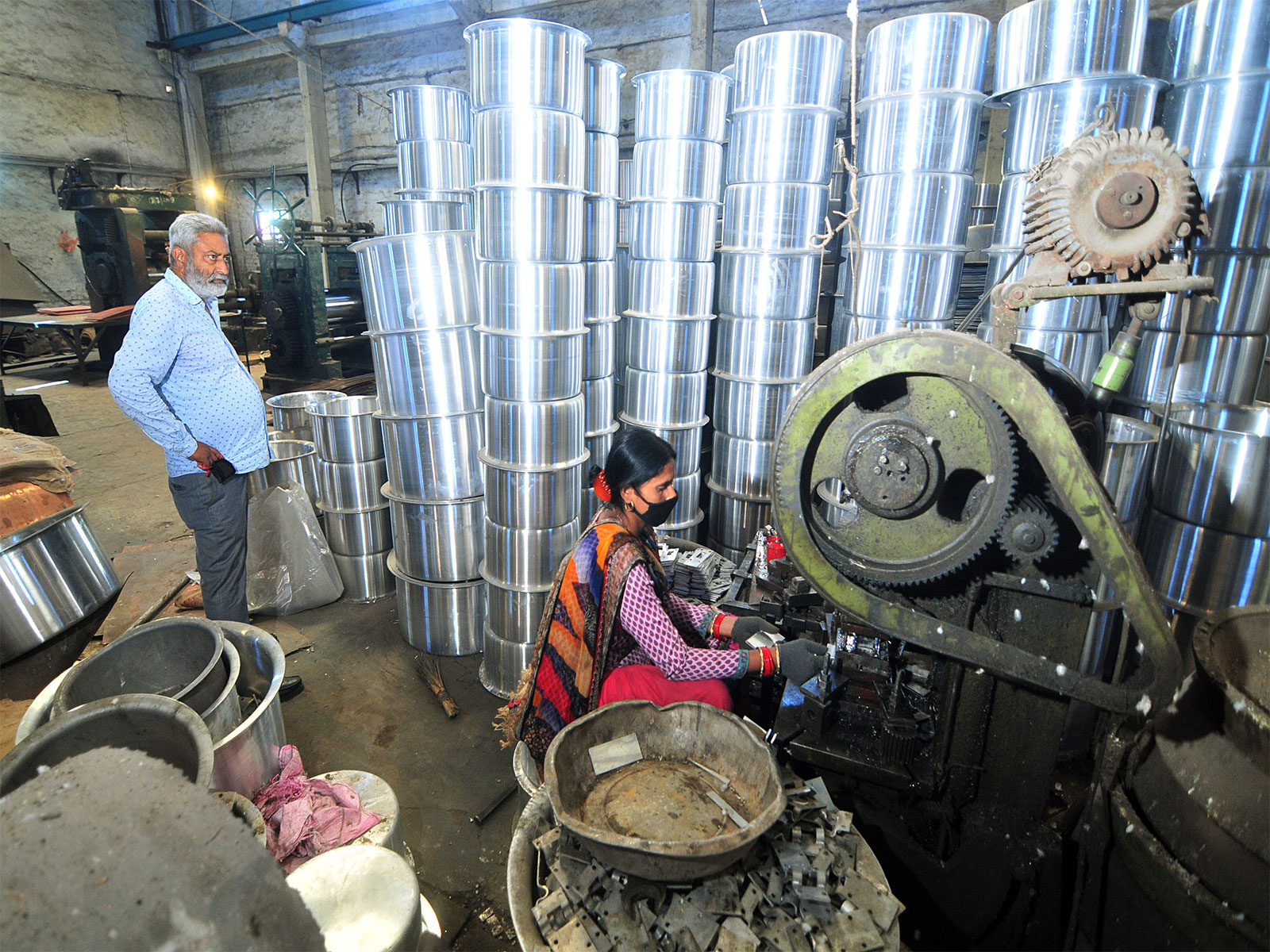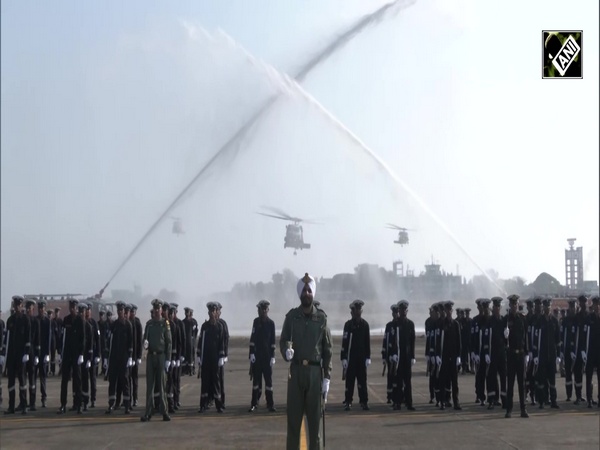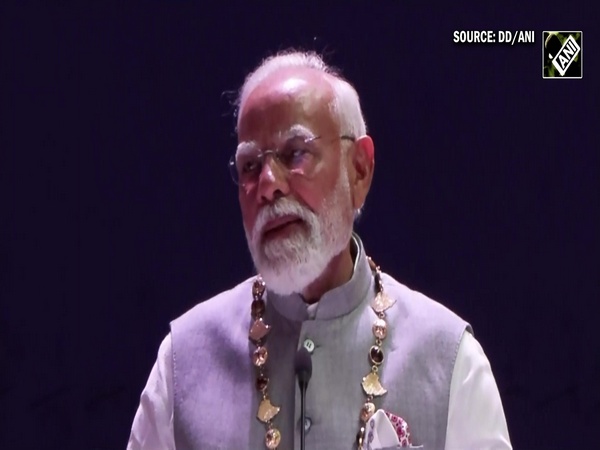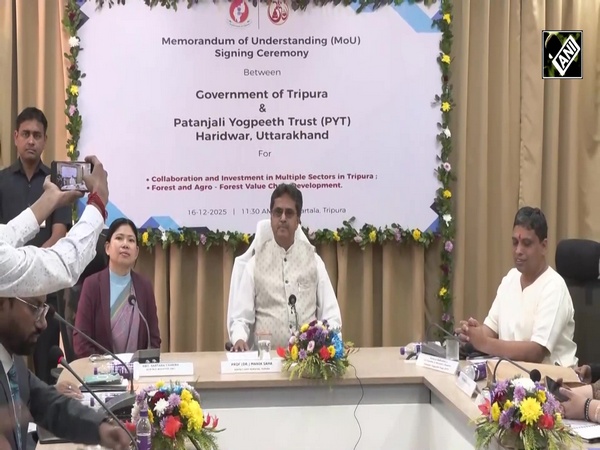Pakistan: Protest held against closure of Pak-Iran border in Turbat
Oct 21, 2021

Balochistan [Pakistan], October 21 : A protest was held on Wednesday by businessmen including transporters against the closure of the Pak-Iran border in Turbat city of Kech district in Pakistan's Balochistan province, local media reported.
"Businessmen including transporters staged a protest in front of Turbat Press Club on Wednesday over the closure of the Pak-Iran border and discontinuation of the token system that was used by traders to move oil across the border," The Express Tribune reported.
During the protest, the speakers maintained that the Pak-Iran border is a matter of life and death for them. "Kech district is a border district. There are no small or big factories here," they said, adding, "So open the border and cooperate with the poor."
The speakers alleged that the Border Trade Union Kech does not want the border to be reopened for the general public as the union has become a money-making factory for officials, The Express Tribune reported.
Meanwhile, Maulana Hidayatur Rehman Baloch, general secretary of Jamaat-i-Islami's Balochistan chapter, has criticised the closure of the Pak-Iran border and urged the authorities to reopen the border for trade activities, Dawn reported.
While addressing a public meeting in Basima town of Washuk district in which workers of different political parties participated, he announced that he would gather 100,000 people to force the authorities to reopen the border to enable hundreds of thousands of people earn their livelihood.
The JI leader said Balochistan was facing a "martial law despite having a civilian government". He said that the masses were suffering "financial assassination" in the province where drugs could be transported freely but no one was allowed to bring food items from Iran's border towns, Dawn reported.
Urging the masses to stand up against injustices, Maulana Baloch said that an environment of fear and panic had been created in Balochistan to suppress the voices demanding rights for the masses, said the publication.
